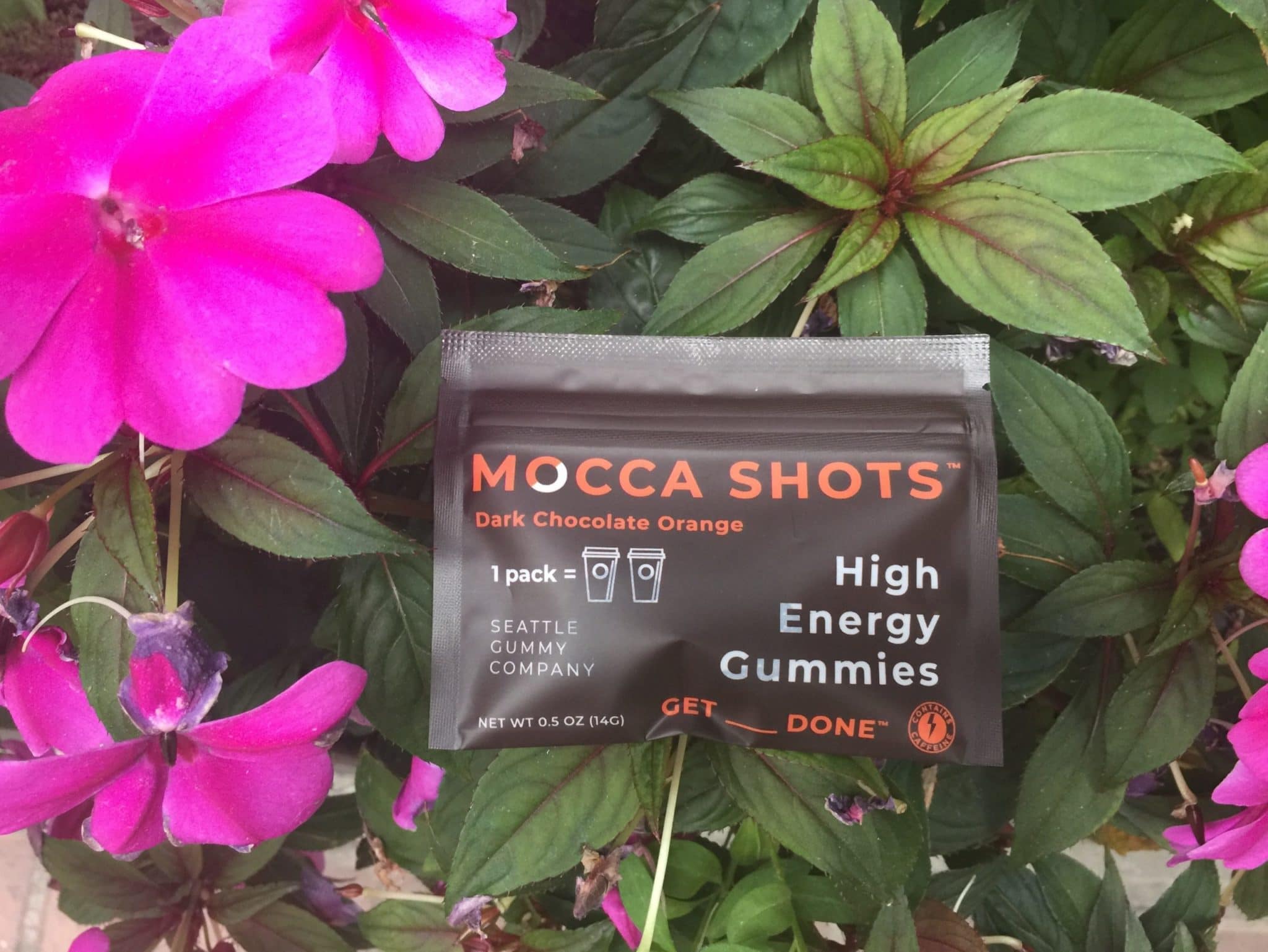Blog, Mocca Shots
Coffee or beer? The choice could affect the pace of your aging
Coffee and beer are polar opposites in the beverage world: coffee picks you up, and beer winds you down. It seems that these two popular drinks may also have opposite effects on telomeres — the end points of chromosomal DNA, implicated in aging. Working with a kind of yeast that shares many important genetic similarities with humans, the researchers from University of Tel Aviv and Columbia University found that caffeine shortens and alcohol lengthens telomeres.
Telomere marks the ends of the strands of DNA in our chromosomes. They are essential to ensuring that the DNA strands are repaired and copied correctly. Every time a cell duplicates, the chromosomes are copied into the new cell with slightly shorter telomeres. Eventually, the telomeres become too short, and the cell dies. Only fetal and cancer cells have mechanisms to avoid this fate; they go on reproducing forever.
The researchers expose the yeast cells to 12 environmental stressors. Most of the stressors — from temperature and pH changes to various drugs and chemicals — had no effect on telomere length. But a low concentration of caffeine, similar to the amount found in a shot of espresso, shortened telomeres, and exposure to a 5-to-7 percent ethanol solution lengthened telomeres.
To understand these changes, the researchers scanned 6,000 strains of the yeast, each with a different gene deactivated. They then conducted genetic tests on the strains with the longest and shortest telomeres, revealing that two genes, Rap1 and Rif1, are the main players mediating environmental stressors and telomere length. In total, some 400 genes interact to maintain telomere length, the researchers note, underscoring the importance of this gene network in maintaining the stability of the genome. Strikingly, most of these yeast genes are also present in the human genome.
This is the first time anyone has analyzed a complex system in which all of the genes affecting telomere length are known. It turns out that telomere length is something that’s very exact, which suggests that precision is critical and nature has decided to protect this precision from environmental effects.
More laboratory work is needed to prove a causal relationship, not a mere correlation, between telomere length and aging or cancer. Only then will we know whether human telomeres respond to the same signals as yeast. For now, suggested the lead research Prof. Kupiec, “Try to relax and drink a little coffee and a little beer.”
Thanks for reading.
Journal Reference: Gal Hagit Romano, Yaniv Harari, Tal Yehuda, Ariel Podhorzer, Linda Rubinstein, Ron Shamir, Assaf Gottlieb, Yael Silberberg, Dana Pe’er, Eytan Ruppin, Roded Sharan, Martin Kupiec. Environmental Stresses Disrupt Telomere Length Homeostasis. PLoS Genetics, 2013; 9 (9): e1003721 DOI: 10.1371/journal.pgen.1003721
About SGC:SGC is an R&D focused developer of nutraceutical and pharmaceutical gummy products. The company specializes in formulating Functional Gummy® products combining the wealth of the in-house knowledge in pharmaceutics, chemistry, western medicine and herbal medicine. The company provides performance gummies® inspired by Traditional Chinese Medicine including MOCCA SHOTS™, ENERGON QUBE™, FUNCTIONAL FRUIT®, and SEATTLE BEAUTY®.
To learn more, visit https://seattlegummy.com, contactinfo@seattlegummy.com,call 206-257-0464, or join at https://seattlegummy.com/be-an-informed-member/.

